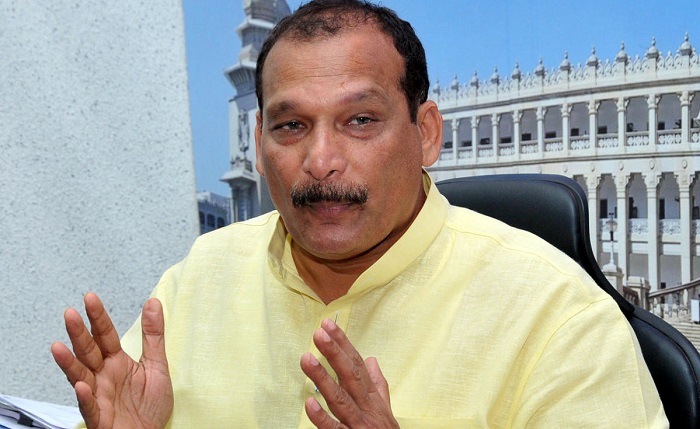A hardline Hindutva leader has indirectly advised the Hindu father of Akhila aka Hadiya, who embraced Islam and married a Muslim man in Kerala, to go to jail after murdering her instead of allowing her to lead life with her Muslim husband.
“Had I been the father of Akhila (Hadiya), I would have torn her veil, thrown it into fire and separated her head from her body”, wrote C P Sugathan, state general secretary of Hindu Parliament, a Kerala based saffron outfit, on his Facebook wall on October 10.
In his Malayalam post, Sugathan also stated that 'Hindu Dharmashastra' allows Hadiya’s father Ashokan to resort to honour killing and go to jail. He also accused Hadiya of renouncing her parents and community to serve the “Jihadi terrorists” as a prostitute.
In spite of several advices from his well wishers in past two days to delete the extremely provocative post from Facebook, Sugathan has strongly justified his stance. Interestingly, local police have also not filed any case against him so far.






Comments
This man is an idiot and misguiding the people
He says Hinduism allows to kill the girl and go to jail. Hinduism never says anywhere in any book.
This is his own idea. Such a men are dangerous to the society.
I advice ask the girl and her supporters to prove her choice of selecting the religion is her wise decision.
She or any Muslims if they prove that Islam has the upper hand in the guidance than Hinduism, then the girl is right else she wrongly chooses to accept Islam.
But I am sure she can win the case easily as the truth is at her side.
Local police didnot file a case ? PFI is there to pressurise them ......dont worry ...
Add new comment